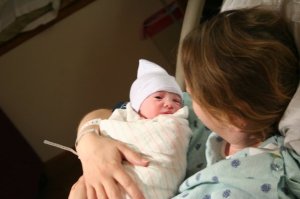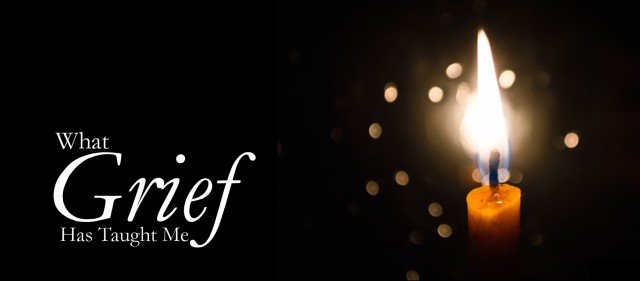
It’s January 6th again, the day that I dread. I can hardly remember a time when I didn’t dread this day, and I think I will continue to dread it as long as my memory is intact. I’ve been dreading it more than usual this year, because January 6, 2016 is kind of a big deal.
Today marks the 25th anniversary of my mother’s death from breast cancer. I don’t know why this number seems so significant. There is something about a quarter of a century that feels substantial.
And I don’t know why measuring the time that has passed is so important to me. It’s something I just do, automatically. I can say with certainty, though, that these 25 years have changed me. Looking back to 1991 from 2016 feels like looking from one world to another. To me, it is a different world. I’ve grown up.
I’ve grown up, and I’ve grown in understanding. The roles that cancer and loss have played in my life have never been far from my mind. I’m a thinker (and an over-thinker), and I’ve never stopped thinking about the parts of my life that have so fundamentally shaped the person I’ve become.
So, small though my pool of knowledge might be, I do know this:
Cancer is a family disease.
I’ve never had cancer, but cancer is a part of me.
My mother was first diagnosed when I was four. I was young, but I was very aware of the fear gripping my family. I used to have this nightmare, over and over and over, so often that 32 years later I can still remember it in near-perfect detail. I was in my parents’ bedroom – pale blue walls, bed covered with a white, tufted chenille bedspread. My mother was standing at the foot of the bed packing a suitcase. My father was in the corner of the room crying. I was squeezed between the bed and the wall, watching, hidden. Behind my mother a bear hovered — it wanted to take her away. I knew my mother was scared but didn’t want to show it, and I knew that my father was crying because he was helpless. This scene would repeat itself in a loop, and it scared me stiff.
Chronic illness — when it carries with it the potential of a death sentence — is terrifying for the person fighting it. It is also terrifying for those who love and need that person. During the long seven years of my mother’s illness, in my heart I was fighting alongside her. The time that has passed since her death has done nothing to diminish my sense of having battled and lost to cancer.
Sharing death with someone is an intimate, profoundly affecting act and everyone should do it once.
My mother died at Christmas. Technically, she died on the last day of Christmas, the Feast of the Epiphany. But really, her death began on the 26th when she fell into a coma that only broke when her pain became uncontrollable.
I was there the whole time. I was with her when she lost consciousness. I heard her when she emerged only to moan in pain. I learned what dying breaths sound like and I stood beside her as those breaths ebbed to a stop. I could almost see her soul depart her body.
Four years ago, when I was nearly 37 weeks pregnant with my second daughter, I sat in another room with another person I loved as cancer took his life away too. This time, it was my uncle – one of the best humans I’ve ever known – who was making his surrender. With my aunt and my cousins, I held his hand through a death that was not peaceful.
The memories of my mother and my uncle dying are among my most painful. But I also treasure them. There was an inexplicable beauty in those moments, a sense of connectedness and love. I’m better because of them.
Grief grows as one body.
When you first experience grief – not just great sadness, grief – it creates a sort of nerve in you with the cause of your grief at its core. And once that nerve exists within you, you can’t experience loss without it being touched.
Shortly after my mother died, my grandfather died, also of cancer. I grieved my grandfather, whom I loved deeply, but his death renewed my grief for my mother. As death took more of the people I loved, an uncle, my grandmothers, an uncle again, I grieved each individually and all of them together.
When my second uncle died four years ago, I felt the loss of everyone who had gone before him. But oddly enough, the grief I felt was also a kind of resurrection. Grieving them together somehow brought them back to me individually. For a time they were all with me again.
People die, but grief doesn’t.
Grief is a gut punch like no other. It shatters you absolutely. People tell you that it goes away with time, but it doesn’t.
And as much as you wish in the early days that it will go away, that it will release you and let you go back to being the person you were before it took over your life, you end up not wanting it to go away.
Time makes living with your grief more bearable, but it also takes you further away from the person you have lost. Eventually, grief becomes the strongest connection you have with them.
In 25 years, the world has changed. I’ve changed. And with every year that passes, it’s as though time has taken my mother further away from me. I don’t feel her presence anymore. The memories I have of her are pitifully few. I take them out like treasures now, cherishing them, guarding them, but lacking a sense of their relevance in my daily life.
And now that the grief of missing her in every moment has lessened, a new grief has taken its place – the grief of not missing her in every moment. It’s a quieter grief — and more bearable — but it’s grief all the same.
After 25 years, what I know above all things is that grief never dies.


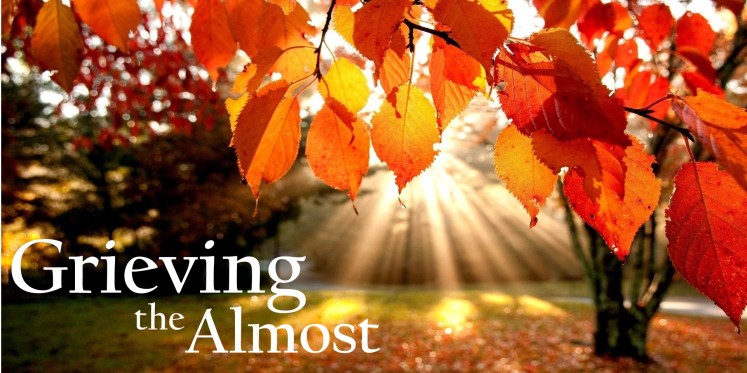
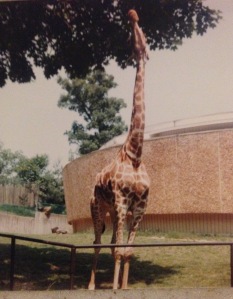
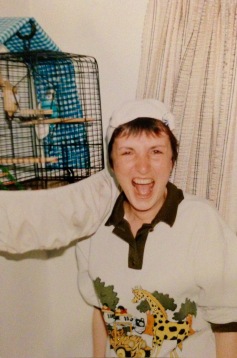
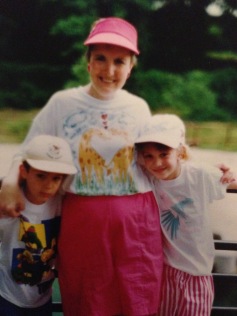
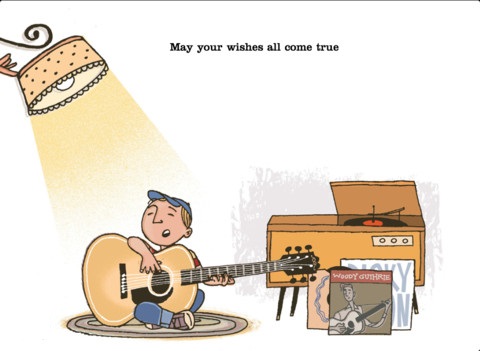



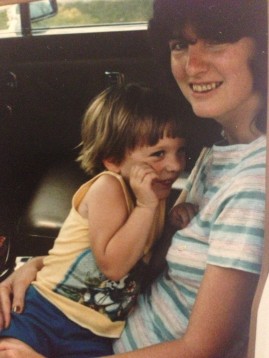
 Over the past week I have been reading about two things: Syria and World War I. The crisis in Syria is everywhere, headlining the news and popping up in church, on social media, and even in overheard conversations at the gym. I couldn’t avoid it if I tried. WWI comes to me by way of an audiobook mystery novel, which has turned out to be a much more worthwhile read than I anticipated when I chose it as this week’s soundtrack for my long-distance training runs.
Over the past week I have been reading about two things: Syria and World War I. The crisis in Syria is everywhere, headlining the news and popping up in church, on social media, and even in overheard conversations at the gym. I couldn’t avoid it if I tried. WWI comes to me by way of an audiobook mystery novel, which has turned out to be a much more worthwhile read than I anticipated when I chose it as this week’s soundtrack for my long-distance training runs.